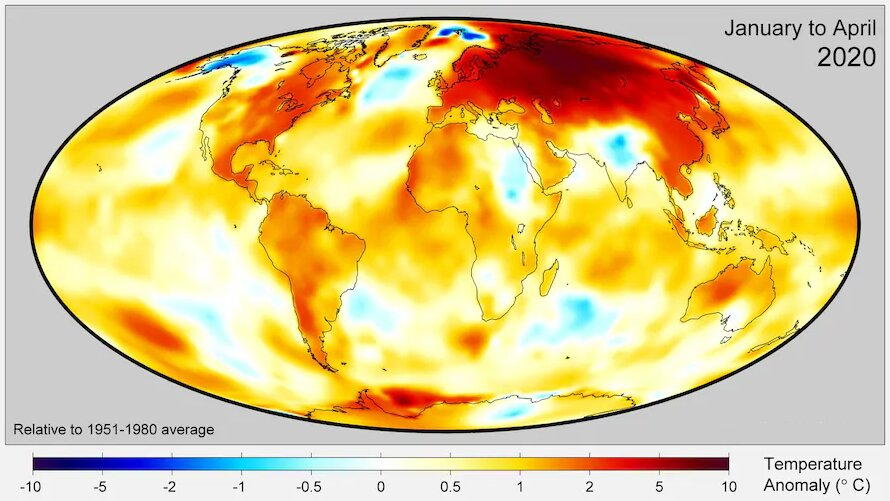UPSC Articles
Zombie Fire becoming more frequent
Part of: GS Prelims and GS-III – Climate change
In news
- According to a new study, the fire regimes in the Arctic are changing rapidly, with zombie fires becoming more frequent
- Fires occurring in the once-frozen tundra are also becoming frequent.
- The fires in the Arctic spreading to areas which were formerly fire-resistant is a more worrying feature.
Key takeaways
- The reason for this anomaly is that temperatures in winter and spring were warmer than usual during 2019-20.
- The fires and record temperatures have the potential of turning the carbon sink into a carbon source and increasing global warming.
- Peatlands do not regrow quickly after a fire, so the carbon released is permanently lost to the atmosphere.
- As peatlands release more carbon, global warming will increase which will thaw more peat and cause more wildfires.
- Arctic fires will affect the global climate over the long term.
Do you know?
- Peatlands are wetlands that contain ancient, decomposed and partially decomposed organic matter.
- Nearly half the world’s peatland-stored carbon lies between 60 and 70 degrees north, along the Arctic Circle.
- Zombie Fire is a fire from a previous growing season that can burn slowly without smoke under the ground which is made up of carbon-rich peat.
- When the weather warms, the fire can reignite.
- These are also known as holdover fires.















